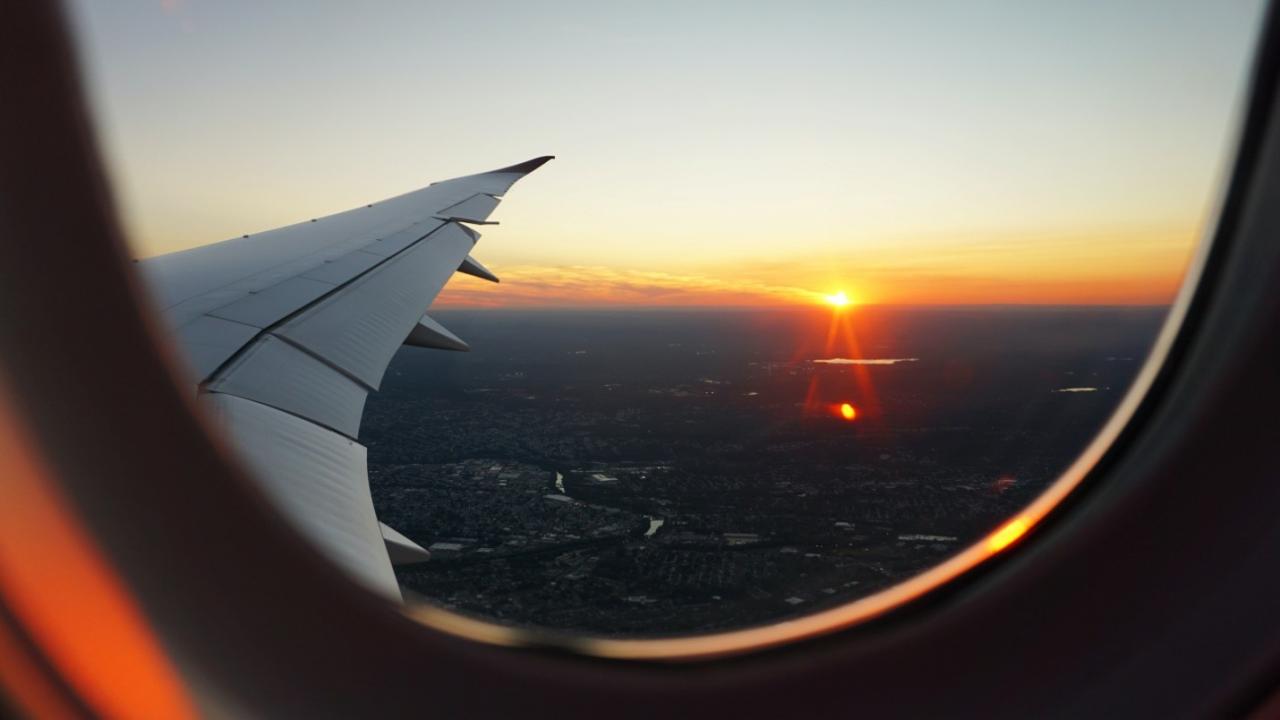Have you ever wondered what it may be like to travel again? As the new normal has taken over almost all aspects of one’s life, traveling too does not seem to get out of its grip any time soon. At this point, contemplating how things could’ve been different is no longer useful. However, what may work in our favor is to adapt to the world’s changing needs and get on with our lives to the best of our abilities.
While following the general precautions like wearing a mask, using a sanitizer and maintaining social distance are still pretty much a requirement for stepping out of your home, there’s a lot more to do when it comes to traveling.
Stay Up to Date On Travel Restrictions
Even though the distribution of vaccines across the world is a promising step to curb the virus, a lot of work is still underway. Given how the virus mutates after every few weeks, the effectiveness of vaccination is still under trial. Moreover, travel restrictions are also a question of concern before traveling.
While some countries have a designated period of isolation assigned upon arrival, others simply need a negative PCR test to pass you through. Regardless, no two countries follow the same set of restrictions for tourists, which is why doing your research before applying for a visa is extremely necessary.
Additional Travel Guides
- Avoid traveling with the elderly, especially if they have underlying conditions that make them more susceptible to catching the virus.
- Check up on the local requirements for every place as some places require a negative PCR test even after vaccination.
- Check quarantine requirements, as many countries are still following the protocols they did before the advent of vaccines.
- If you’re a US resident and wish to travel locally, there’s no need to get tested once you’ve been fully vaccinated.
- If you’re returning or arriving in the US, a negative PCR test conducted in the last three days before arrival is required.
- For ground transportation, hotel check-ins and other facilities, make sure to carry all the relevant documents (for proof that you’re not infected) depending on the country’s requirements.
In the end, making a collective effort is all the world needs to ensure that you and those around you are safe. If you suspect having any symptoms before or after getting vaccinated, stay at home and avoid traveling till you’re fully free of them and have a negative PCR test to support the diagnosis.



